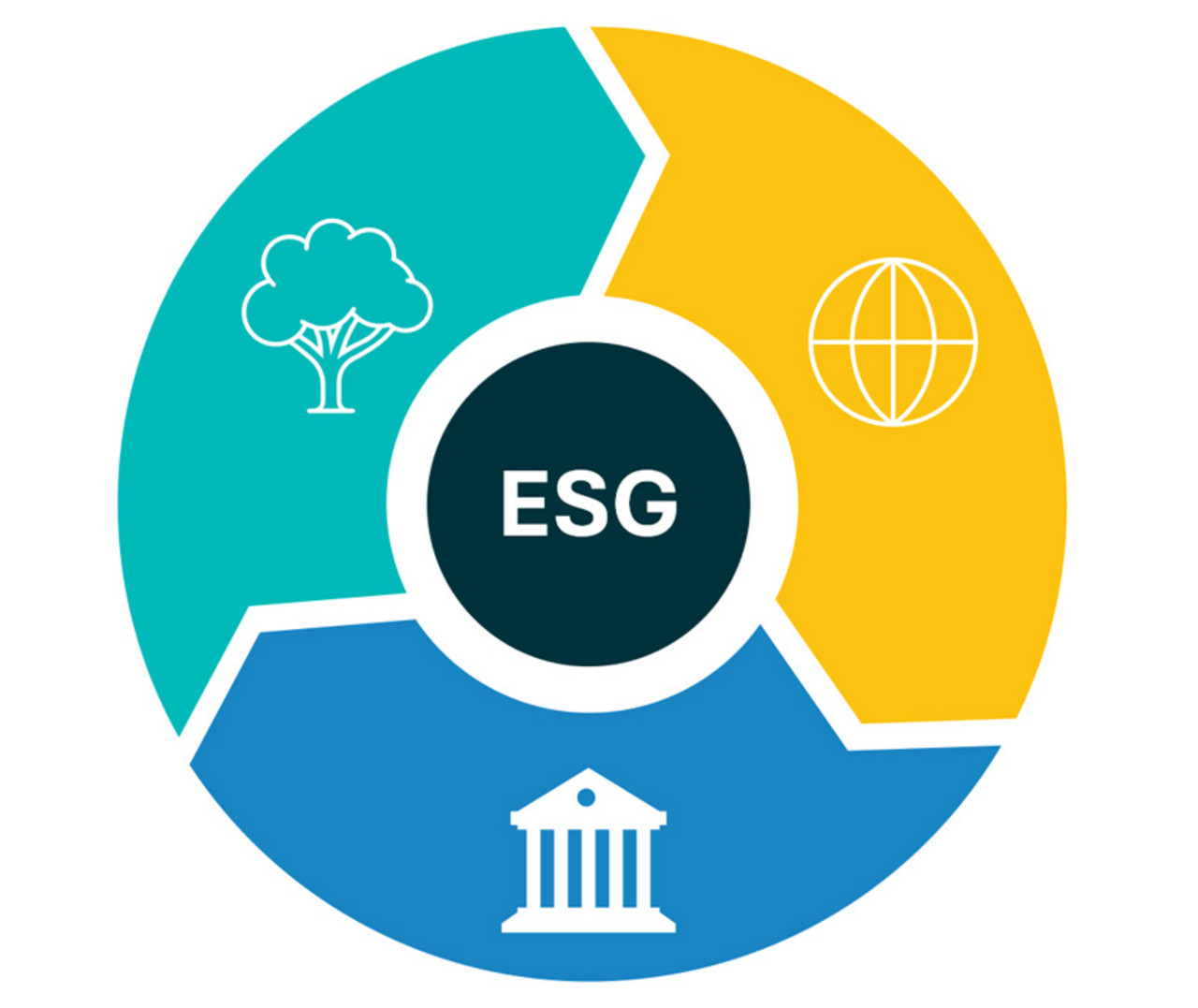Environmental Social Governance (ESG)
ESG stands for the three levels of sustainability: Environmental, Social and Governance. These form a comprehensive approach that considers environmental, social, and governance factors when evaluating companies.
ESG is an evolution of Corporate Social Responsibility (CSR), which is based on the question of how companies can maximize positive impacts on society while minimizing negative ones.
Key criteria
With the use of ESG criteria companies are evaluated based on the environmental, social and governance aspects of their business activities.
Evaluation criteria of environmental aspects include issues such as pollution or environmental hazards, CO2 emissions, the proportion of renewable energy and energy efficiency. In the social category, aspects such as workplace safety, health protection, the adherence to human rights and equality among employees are considered.
The quality of corporate governance is a particularly important area. Emphasized aspects here include guidelines to prevent corruption, bribery or money laundering, reporting offices for internal whistleblowers and the signing of and compliance with sustainability standards.
ESG as a success factor
While not every company is required to undergo a sustainability evaluation, however ESG criteria can be a key factor e.g. for securing funding. Consumers are also increasingly focusing on future-oriented action. Compliance with certain standards can lead to competitive advantages, while non-compliance may cause competitive disadvantages due to the increasing relevance for the general public. ESG efforts can also have a positive impact on recruitment and employee motivation.
Contact person
Do you have any questions or do you need support?
Please contact our specialist or get in touch with us.
Dr. Stefan Grabs
Partner, Head of Sustainability, German Public Auditor, Certified Tax Advisor, Sustainability-Auditor IDW




 LinkedIn
LinkedIn Xing
Xing Email
Email

